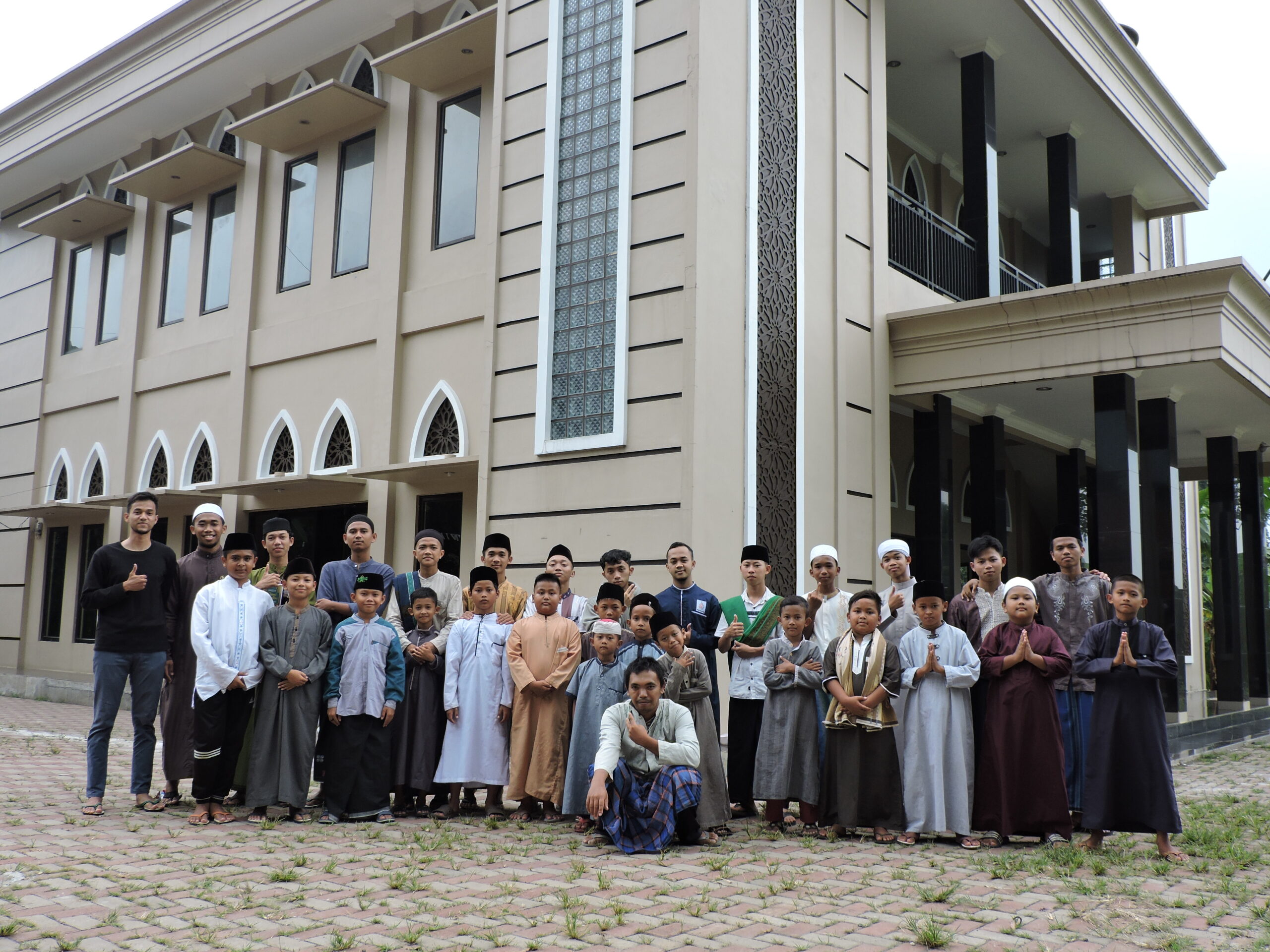Pesantren can capitalize on its economic potential, such as processed food products, handicrafts, and educational and training services. Technology can also be used for training in entrepreneurship, business management, and information technology for students and the local community. This contribution can help the community develop its economic potential and positively contribute to the national economy, identifying capable students ready to face globalization.

Transformation of Pesantren: Preserving Tradition, Building the Future
Pesantren are traditional educational institutions that have existed since the peak of Islamic culture in the world. Pesantren plays a crucial role in the development of Islamic religion and culture in Indonesia, particularly in strengthening the faith and piety of Muslims and preserving Islamic traditions.
After facing numerous challenges and struggling to gain recognition as authentic Indonesian educational institutions, pesantren now confronts new issues. The rapid advancement of technology has transformed every aspect of life, including societal perceptions of pesantren. Indirectly, pesantren is confronted with two options: either adopting a ‘new face’ in response to these developments or maintaining its traditional, distinctive character.
It is highly conceivable and even imperative for pesantren to adapt to technological advancements. While pesantren has served as a subculture fortress preserving ancient traditions, failure to respond aggressively to technological progress may lead to a significant lag in education compared to mainstream institutions.
Technological advancements necessitate innovation in teaching methods and pesantren management. Pesantren is required to leverage technology as a tool to enhance the effectiveness and efficiency of education. The use of technology can also help pesantren face the challenges of globalization and modernization, which may impact the values and Islamic traditions steadfastly held by pesantren.
Originally a place for self-discipline and leadership preparation, pesantren cannot ignore the fact that, with technological development, it must go beyond teaching classical texts by ancient scholars. Pesantren should consider and incorporate technology into its teaching methods, ensuring that students are not technologically disadvantaged and can adapt to the currents of globalization. Students should be able to connect contemporary issues with historical problems discussed in the classical texts they study as part of their daily routine. Their education should extend beyond the dichotomy of ‘halal-haram,’ encompassing social and even political aspects that cannot be solely addressed by Sharia law.
Technology is designed to facilitate human activities. If technology embodies a philosophy of goodness, pesantren should embrace it rather than isolate itself.
Substantially, technology has dual aspects, both positive and negative. Pesantren, guided by its ideology as a place of guidance and virtue, should judiciously choose and discern the positive and negative aspects of technology, considering what is necessary for implementation. Failure to embrace technological developments would lead to stagnation and substantial lag in progress.
In the context of Islamic jurisprudence, it is emphasized that one must adapt to any condition, preserving the good from the past and embracing the better from the new. Thus, it is evident that pesantren must transform itself and modernize without altering its ideology. Instead, it should configure the ancient cultural aspects of pesantren with technology as a manifestation of modernization.
Nurcholish Madjid, in his book ‘Bilik-bilik Pesantren,’ articulated the ability of pesantren to respond to the challenges of modernization as a criterion for its survival in contemporary times. If pesantren can address these challenges while maintaining its core values without becoming outdated, it qualifies as a modern institution.
Furthermore, technology can assist pesantren in financial management and administration. Utilizing financial and management applications can streamline fund management and activities in pesantren, optimizing available resources and preventing financial and administrative errors.
However, the use of technology in pesantren must be approached cautiously and wisely. Pesantren must ensure that technology use aligns with the values and Islamic traditions it upholds, reinforcing these values rather than replacing them. Additionally, pesantren should educate and guide students on the prudent and healthy use of technology, addressing issues such as technology addiction and social media misuse.
In facing technological advancements, pesantren must prioritize human resource development. Pesantren should produce graduates capable of adapting to technological progress, possessing adequate competencies to meet current and future global challenges.
Therefore, pesantren must provide quality education relevant to the times. Collaboration with educational institutions and industries can facilitate the provision of education and training aligned with contemporary needs. This collaboration enables pesantren to produce graduates ready to compete in the job market and make positive contributions to society.
To leverage technology as an educational tool, pesantren must invest in adequate infrastructure. Ensuring facilities, such as fast and stable internet connectivity, suitable computer devices and gadgets, as well as comfortable and secure classrooms and dormitories with strict supervision, is essential.
In managing finances, pesantren should prioritize the acquisition of necessary facilities and infrastructure. Pesantren plays a vital role in unleashing the potential of students. Students should not only learn religious knowledge but also acquire skills and knowledge to face global challenges. Pesantren must holistically develop students’ spiritual, intellectual, emotional, and social potentials.
Technology can be utilized by pesantren to provide interactive and enjoyable learning experiences, offering broader and faster access to information. This approach aids students in developing their intellectual potential. Moreover, pesantren has the potential to become an economic hub, positively impacting the surrounding community.










